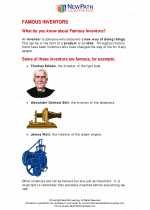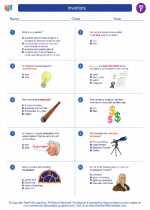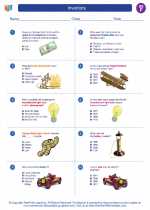Marie Curie
Marie Curie was a pioneering physicist and chemist who conducted groundbreaking research on radioactivity. She was born in Warsaw, Poland in 1867 and later moved to France to pursue her studies. Curie became the first woman to win a Nobel Prize and remains the only person to have received Nobel Prizes in two different scientific fields.
Early Life and Education
Marie Curie, originally named Maria Sklodowska, was the youngest of five children. Despite facing gender-based discrimination, she pursued higher education and graduated at the top of her class in physics from the University of Paris. She later earned a second degree in mathematics.
Research and Discoveries
Curie's most notable work revolved around radioactivity, a term that she coined. Alongside her husband Pierre Curie, she conducted extensive research on radioactive materials, including the discovery of two new elements: polonium and radium. This work led to the development of the theory of radioactivity and its medical applications.
Legacy
Marie Curie's contributions to science and her trailblazing achievements as a woman in a male-dominated field continue to inspire future generations of scientists. Her work laid the foundation for advancements in nuclear physics, oncology, and medical imaging.
Study Guide Questions
- Where was Marie Curie born?
- What were the two new elements discovered by Marie Curie?
- What field did Marie Curie receive her degrees in?
- What term did Marie Curie coin in her research?
- What are some of the fields impacted by Marie Curie's work?
Feel free to use this study guide to test your knowledge on Marie Curie's life and contributions to science!
[Marie Curie] Related Worksheets and Study Guides:
.◂Social Studies Worksheets and Study Guides Sixth Grade. Inventors

 Worksheet/Answer key
Worksheet/Answer key
 Worksheet/Answer key
Worksheet/Answer key
 Worksheet/Answer key
Worksheet/Answer key
